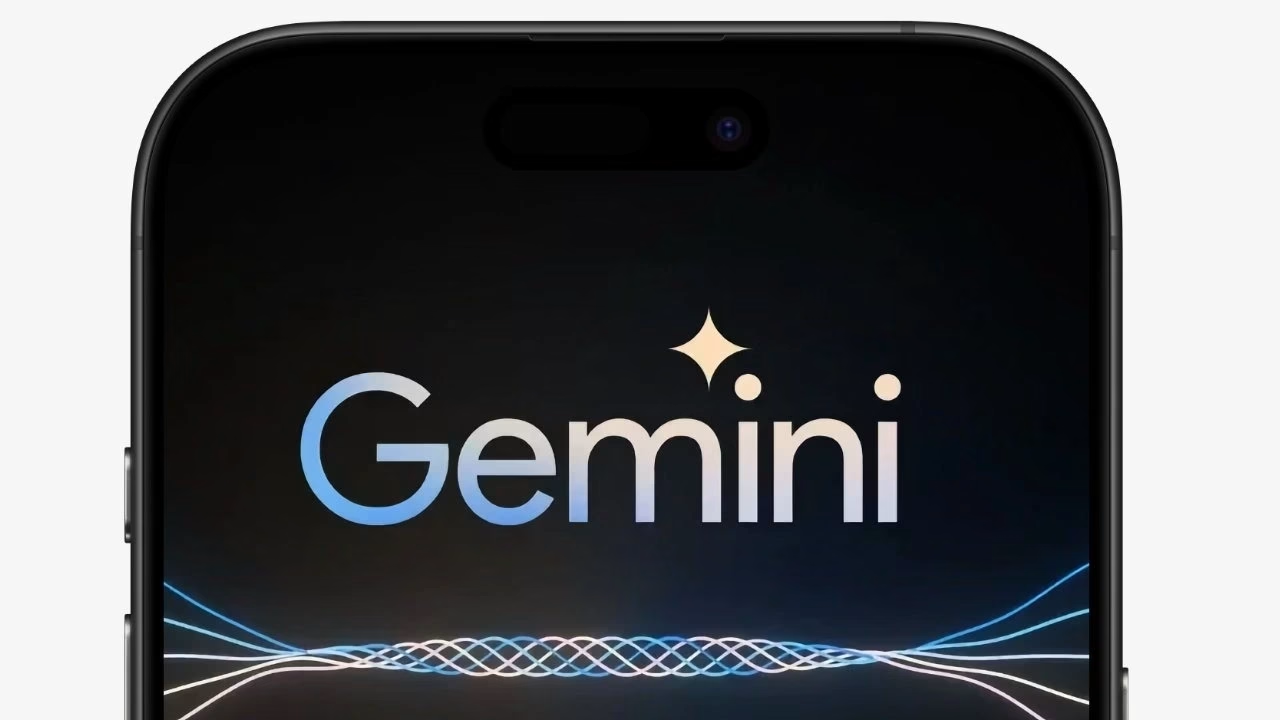Google Gemini's Expanded Reach: What the July 7th Update Means for Your Phone and Privacy
For those of us who rely on our phones for just about everything, this move by Google could fundamentally change how we interact with our devices. It's a clear signal of the ongoing trend towards more seamless, almost invisible, AI assistance. But, as with any major step forward in AI capabilities, it brings up some interesting questions, particularly around privacy.
The New Frontier of AI Integration: Deeper Than Ever
Unpacking the "Activity Off" Clause
The most intriguing part of this announcement, at least for me, is the explicit mention that this functionality will work even if "Gemini Apps Activity is on or off." Historically, to get the most out of Google's AI features, you often had to agree to have your activity saved. This data helps the AI learn and personalize your experience, sure, but it also means a persistent record of your interactions.
This new approach suggests Google is trying to offer a balance: utility without requiring continuous data retention. According to reports, Google has stated that data used for these interactions will only be saved for a maximum of 72 hours. It's a short window, designed to facilitate the immediate task without creating a long-term digital footprint. This is a crucial distinction, and one that many users have been clamoring for.
Balancing Utility and Privacy: A Deep Dive
The tension between convenience and privacy is a tale as old as digital technology itself. On one hand, having an AI assistant that can truly act as an extension of your will, managing calls, drafting messages, and interacting with utilities, sounds incredibly appealing. Think about how much time that could save. For instance, if you're driving, a simple voice command to Gemini to "call the last number" or "reply to this message with 'on my way'" could be a game-changer for safety and efficiency.
Google's Privacy Promise and Community Reaction
This isn't the first time Google has navigated these waters. Remember the early days of Google Assistant, where every command felt like it was being logged indefinitely? This move with Gemini feels like a significant evolution, acknowledging that users want more control over their digital footprint, even as AI becomes more pervasive.
Enhancing the User Experience: Beyond the Basics
Consider the "Utilities" aspect. This could mean anything from quickly adjusting system settings (like turning on Wi-Fi or Bluetooth) to checking battery life or even managing storage. The possibilities are vast, and it moves Gemini from being just a conversational bot to a true operational assistant. It's about reducing friction, making the phone feel less like a collection of disparate apps and more like a cohesive, intelligent system.
The Broader AI Landscape and Future Outlook
This Gemini update isn't happening in a vacuum. It's part of a much larger industry trend where AI assistants are becoming increasingly embedded into operating systems. Apple has its own plans, and other tech giants are pushing similar boundaries. The goal, it seems, is to make AI so intuitive and integrated that it almost disappears into the background, always there to help, but never intrusive.
The challenge, of course, is maintaining that delicate balance. How do you provide powerful, context-aware AI assistance without feeling like your device is constantly listening or collecting too much information? Google's 72-hour data retention policy for these specific interactions is a step in the right direction, but it's just one piece of a much larger puzzle. The conversation around AI ethics, data governance, and user control will only intensify as these capabilities grow. It's a fascinating time to be alive, watching these technologies evolve. And honestly, it's a bit daunting too.
Conclusion
Google's upcoming Gemini update, set to roll out on July 7th, is a significant milestone. By allowing Gemini to interact deeply with Phone, Messages, WhatsApp, and Utilities, even with activity tracking off, Google is attempting to deliver a more seamless and privacy-conscious AI experience. It's a bold move that promises enhanced utility and a more intuitive user experience, but it also underscores the ongoing need for transparency and user control in the age of pervasive AI. As users, it's on us to stay informed and demand that our privacy remains a priority, even as our digital assistants become ever more capable.
